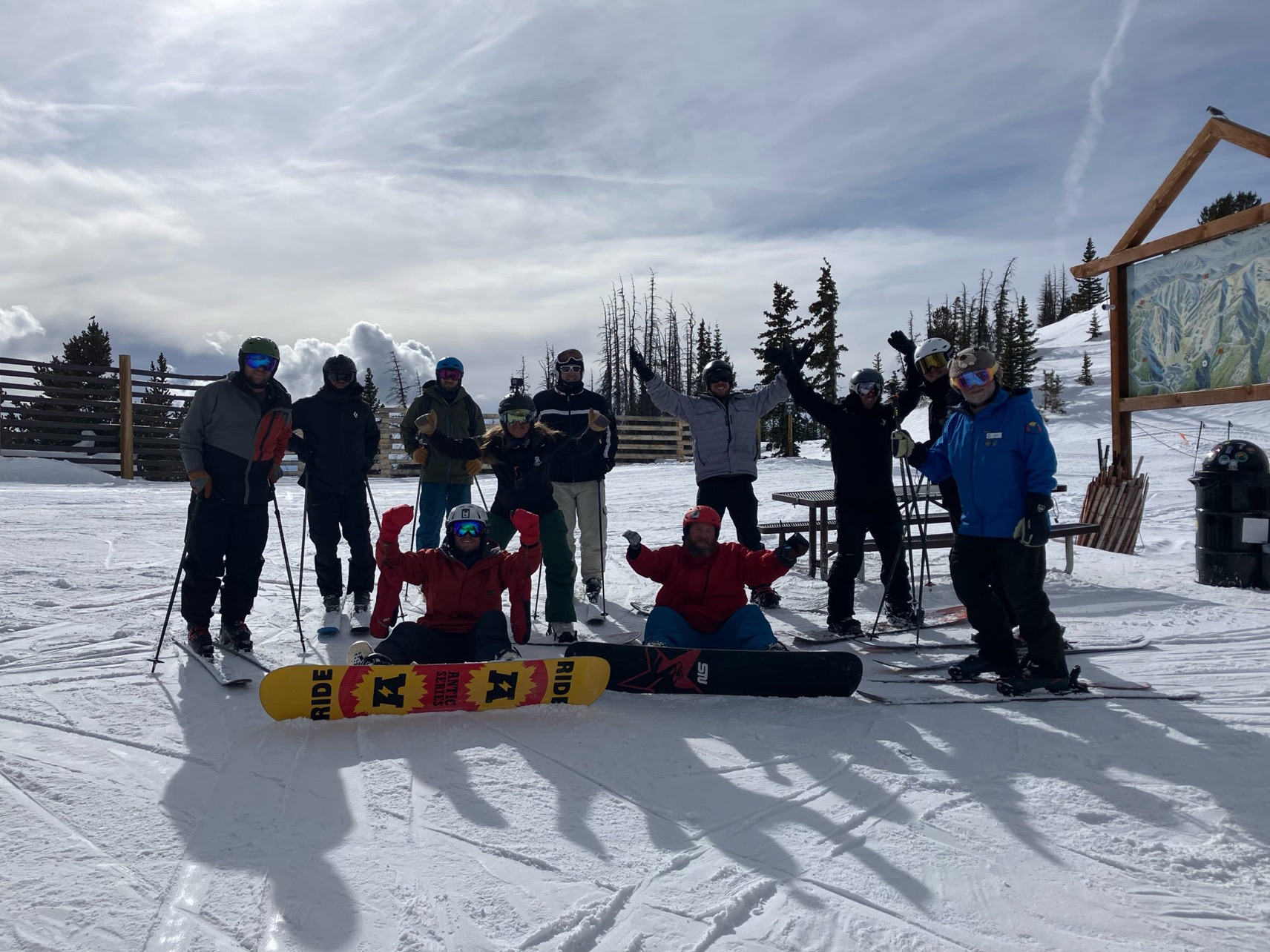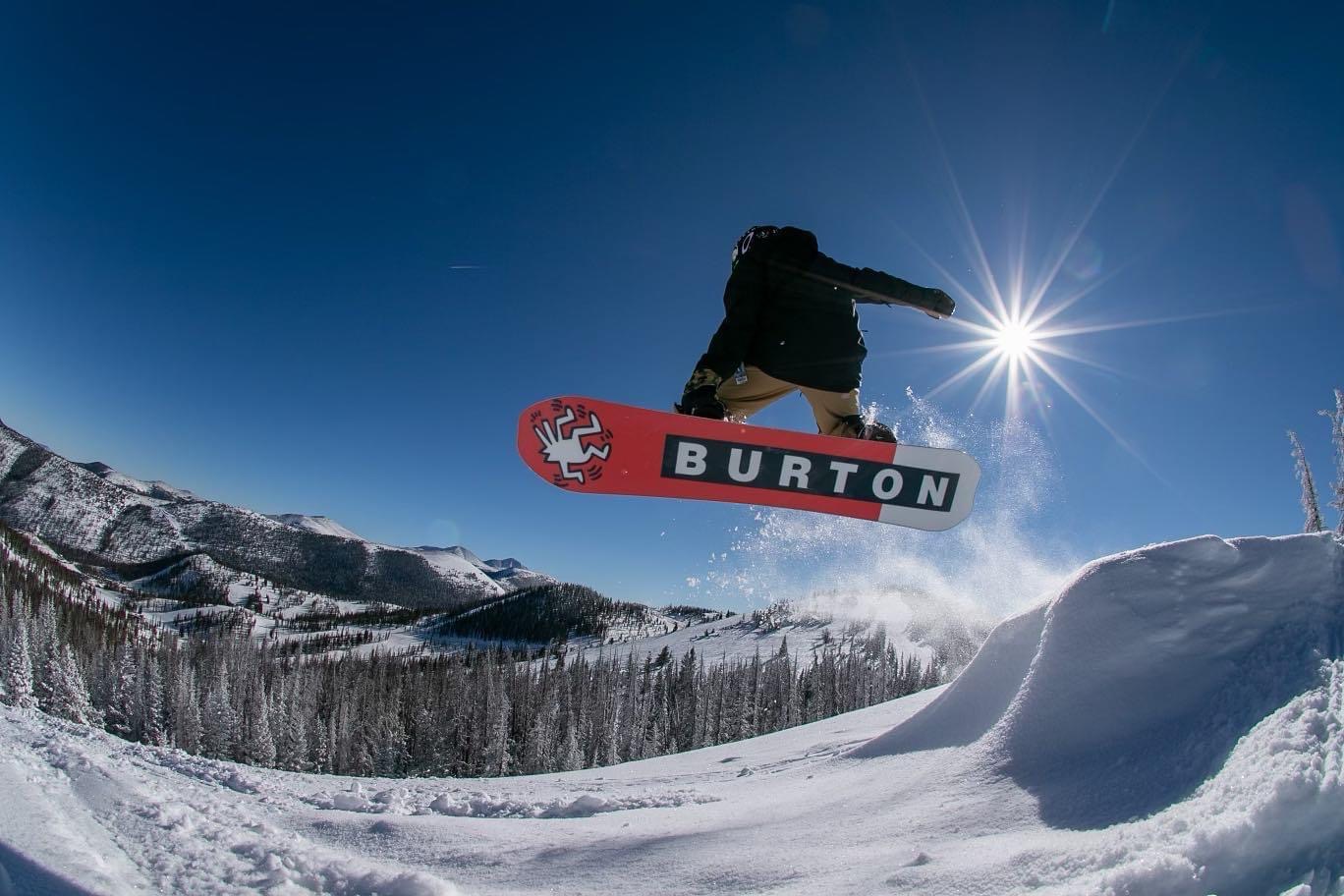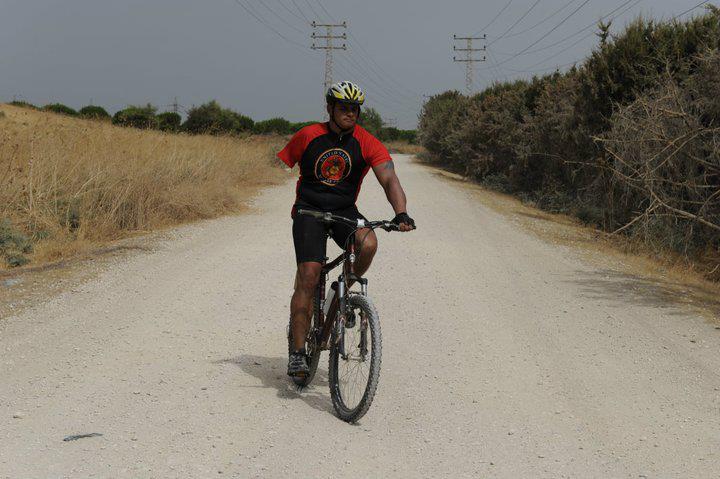
The United States Armed Forces are a symbol of strength and honor within the country and its members serve with dignity and respect. Members of the U.S. Armed Forces are trained to deal with physical and mental stresses that the average person could not handle. They perform their jobs with courage, accuracy, and professionalism under the most dangerous and challenging conditions. Often, members of the U.S. Armed Forces sustain very serious injuries while serving in the military. Injured service members are faced with multiple challenges moving forward after a serious injury. Many great support programs assist injured service members and the Wounded Warrior Project (WWP) is one of them. The WPP offers the Adaptive Winter Sports Program for veterans which is a great way for them to participate in winter snow sports activities.
The WWP helps wounded soldiers, their families, and caregivers build stronger support networks and enhances their mental wellness by engaging them in social events, support groups, and other opportunities to connect in their communities. WWP directly serves the injured veterans and service members of this generation and with their family support members. Specifically, WWP serve those who incurred a physical or mental injury, illness, or wound co-incident to their military service on or after September 11, 2001. WWP also works with veterans from all generations and connects them with resources to help them.
- Related Article: The History of the Legendary 10th Mountain Division, The Men Who Started USA’s Ski Industry
Since 2003, Wounded Warrior Project has served more than 200,000 post-9/11 veterans and family members. Many have significant injuries or health conditions that limit them from participating in traditional sports and recreational activities that enhance self-confidence, connection, and quality of life. In WWP’s 2022 Annual Warrior Survey (surveying post-9/11 veterans registered with the organization), nearly 76% scored in a range indicating moderate or severe pain, making exercise and sports more difficult.
In the survey, more than half (54%) reported that participating in physical activities helps them cope with stress or emotional or mental health concerns. Through adaptive sports clinics and online instruction, WWP helps to reduce or eliminate obstacles that inhibit severely injured warriors from participating in sports. This includes teaching warriors about adaptive equipment, sports, and exercise routines and how to modify them for their needs.
The WWP’s Adaptive Sports Program supports warriors with the following injuries and health challenges:
• Limb amputation
• Limb salvage with significant ataxia or orthopedic impairment
• Visual impairments
• Severe neurological impairment stemming from injury, stroke, multiple sclerosis, or other causes
• Severe spinal cord injury
• Severe traumatic brain injury

James Herrera is the vice president of Physical Health & Wellness for the Wounded Warrior Project. Herrera is an exercise physiologist and professional coach who helps drive the organization’s Soldier Ride, adaptive sports, and health and wellness programs. These programs connect warriors with training, skills, and techniques that empower them to reduce stress, combat depression, and live an overall healthy and active lifestyle.
Herrera is also an international presenter and worked as an adjunct faculty member with the Center for Creative Leadership for over a decade. In 2011, Herrera served as the national team coach for USA Cycling BMX and was selected as the U.S. Olympic Committee’s coach of the year for cycling. He later coached at the 2012 Olympic Games in London. He has enjoyed training numerous world-class athletes and executives for high performance and leadership around the globe. Herrera is active in a variety of cycling disciplines, skydiving, ultra-trail running, Olympic weightlifting, surfing, and rock and ice climbing.
The WWP ensures that none of the injured warriors pays anything for any of the programs or services they receive. Everything is free and the veterans do not pay a penny for anything. “It can only happen through individuals who are donating to our cause and every dollar that goes to a donation is helping to fuel our adaptive programs,” Herrara stated. “We can only do what we do by others fueling the mission and our veterans never have to pay a penny for that,” he added.
We all love being outdoors whether it is hiking, camping, skiing, or riding and that is the same for injured veterans and service members. There is just something about the great outdoors that makes us all forget all of our problems and just enjoy being in the moment. The WWP assists wounded warriors in making this possible by getting them to participate in a variety of sports to keep them active. “Physical activity is truly the biggest tool that we have to improve mental health and quality of life,” Herrera said.

Mike Owens is the Adaptive Sports Director and has been with the Wounded Warrior Project for 16 years. Owens was injured in Iraq on his second deployment in October 2005 while serving in the Marine Corps. Shortly after, he started participating in adaptive sports as he began the journey through surgeries and recovery. As part of his recreational therapy, Owens attended the Hartford Ski Spectacular and fell in love with skiing. Owens has completed the Bataan Death March 11 times, trekked across the Grand Canyon with other adaptive athletes, and summited several fourteen-thousand-foot peaks in Colorado.
The adaptive sports program has a variety of activities for veterans to participate in and hitting the slopes is on the list. It offers a variety of adaptive sports across multiple landscapes such as adaptive skiing, snowboarding, and ski biking. WWP works with organizations like Green Mountain Adaptive, Challenge Aspen Military Opportunities, and National Disabled Veterans Winter Sports Clinic to accomplish the goal of assisting wounded warriors.
Warriors never pay a penny for these programs because they paid their dues in service to our country. Owens also reiterated the importance of having the available resources to provide programs and services to disabled veterans. “We do not accept any government funds, we do not get grants, every single program and service we provide is done solely through donations,” Owen said.
The WWP is there for injured warriors when they need assistance and there are times when those are pressing needs that are in the moment where veterans need help immediately. Those needs are not always physical or mental assistance, but sometimes they need assistance with finding a job or getting financial assistance as well. The WWP has more than 20 different programs that assist veterans with this wide range of needs and is there for the warriors throughout the whole process. “Our goal is to be there for that veteran for life, so, we then need us they can always reach out and call us,” Herrara said.
The organization tailors adaptive sports events to the abilities of participating veterans. The model WWP uses guides the athlete along a progressive pathway of improvement, from the foundation of health and wellness through recreational engagement. Some of those veterans who join the WWP get the required assistance they need and leave the program. However, most veterans return to the program at a later time for additional help. “Typically, three to seven years after the warriors leave the program the soldiers come back,” Owens said.
Life is hard for anyone and it could be said that someone with a disability has an even more challenging time facing life’s obstacles. It is the WWP’s goal to assist injured warriors whenever and with anything they need help with. “Our primary goal is to honor and empower wounded warriors and get them to a place where they are self-sufficient and may not even need us anymore,” Herrera said.
The WWP’s adaptive sports programming helps wounded warriors improve their physical health and wellness through modified athletics, build camaraderie, and enhance their quality of life. Any donations help connect veterans with sports programming that helps with their weight management and addresses mental health, poor sleep, unhealthy aging, and pain. Our veterans have faced some of the extreme challenges and made sacrifices throughout their service. Ensuring that our veterans have care and the quality of life they deserve should be the duty that all Americans take responsibility for.
For more information visit the Wounded Warrior Project’s website.